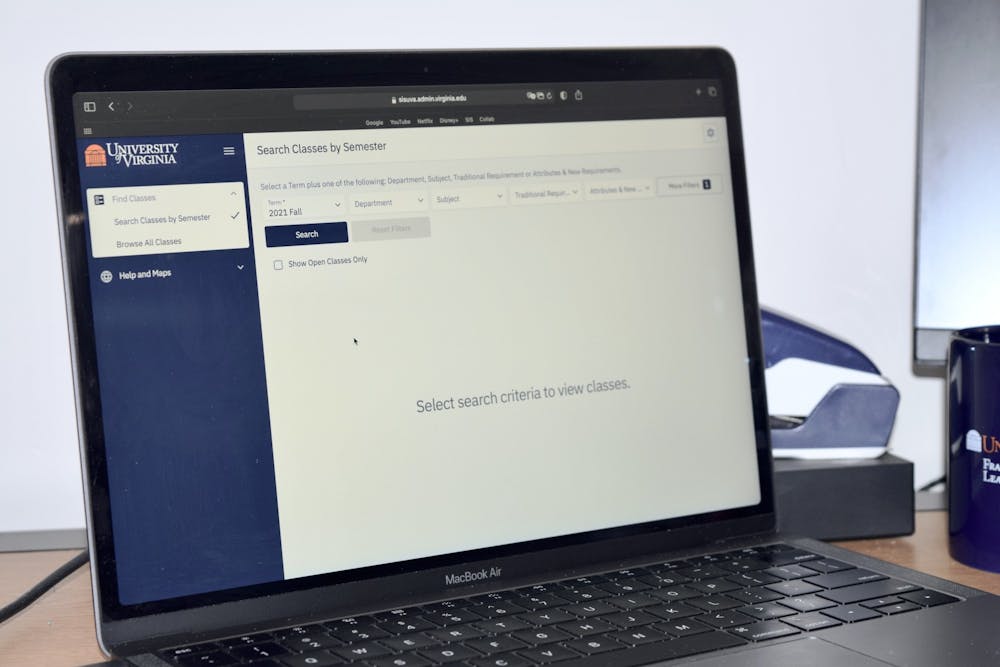Time and time again, the COVID-19 pandemic has brought us new academic challenges and flexibilities. With courses during both January Term and Summer Session I included in our tuition this year, eligible students have had the chance to take lighter course loads during the regular term. I can personally speak to the benefits of this option. This semester, I’ve been able to drop one of my courses in order to work, while I intend to make up for that dropped course during one of this summer’s free classes. Moreover, I was able to fulfill an extra major requirement during J-Term — and I had friends who were able to explore courses during J-Term that they couldn’t fit into their regular schedule. I was excited to hear about these summer courses.
Eligibility is extended to students who accumulated 33 credits or less during the fall, winter and spring terms. However, there is one bizarre caveat to this offering — only courses offered during Summer Session I are free to eligible students. This means students cannot enroll for a free course during Sessions II and III, regardless of their eligibility. If a student needed or wanted to take a three-credit course in these later sessions, they’d have to pay $1,269 for in-state students or $4,656 for out-of-state students. While those costs do not consider financial aid, they also don’t include the comprehensive fee of $294 for in-state and $354 for out-of-state. The University has not reduced this fee for the summer yet like it did for students staying home during the regular year.
The University recently announced all summer courses will be taught completely online. This move should’ve been made months ago, but it is a necessary step nonetheless. University administration should take another important step, though, and allow eligible students to select their one free course from any of the three sessions. They have a chance to mimic the success of J-Term and its free offerings. Even if these courses are technically included in our tuition, we still save money and stress by taking them as standalone classes outside of the fall and spring terms.
Summer Sessions II and III offer numerous important courses. Timely courses such as Lean Sweeney’s Citizenship, Exile and Migration in Latin America and David Skubby’s Social History of Pandemics are both offered only in Session III. Crucial major requirements — like the introductory lectures and labs for Biology majors or the introduction course for Media Studies majors and minors — are available only in later sessions. Meanwhile, certain more niche but exciting topics are taught only outside of the limited Session I — Keara Goin’s Celebrity Culture, Charity Fowler’s Science Fiction Literature and Karim Mata’s Pirates, Rebels, Revolutions, for example.
While a breadth of courses still remains available for the first session, it’s undeniable that the University is not just wrong but frankly illogical to deny students the option to take a Summer Session II or III class in place of a Session I class. There is no sense or reason to it — no one loses anything if all three sessions are included in the free offering. Professors teaching in later sessions would gain new students excited to take their courses instead of only students who can afford the cost. Students would be able to meet important requirements or explore topics they never can during the regular academic year. Last winter, students used social media to complain about how rapidly J-Term courses filled up, and this previous desire alone should motivate the University to ensure all eligible students can take a summer class.
Perhaps the most crucial advantage, students would have the flexibility to choose the class most conducive to their summer schedules. This is particularly important for students who work during the summer and may only have the ability to take a class during certain parts of the summer. Moreover, for students in dire need of a break from the constant grind of this shortened but fast-paced semester, opting to take a course in a later session would be beneficial, as opposed to immediately beginning a summer class as soon as the spring semester ends. As of now, the University is unfairly privileging students who have the mental strength to continue immediately into a new class this summer, in addition to students who don’t work during the summer or have more flexible schedules.
The University must make this simple move and allow eligible students to take courses from Summer Sessions II and III for free. Summer course enrollment begins Monday, so the University must waste no time in taking this important step.
Bryce Wyles is the Senior Associate Opinion Editor for The Cavalier Daily. He can be reached at b.wyles@cavalierdaily.com.
The opinions expressed in this column are not necessarily those of The Cavalier Daily. Columns represent the views of the authors alone.







